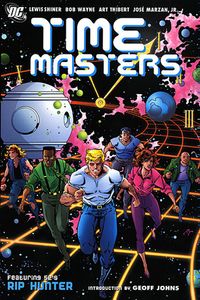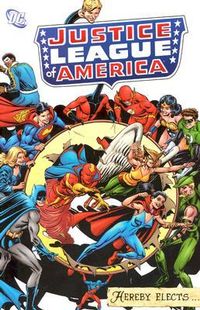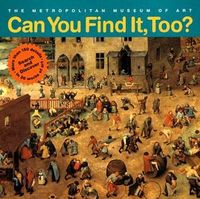
Homo Deus: A Brief History of Tomorrow
A Nonfiction, History, Anthropology book. However, once technology enables us to re-engineer human minds, Homo sapiens will disappear, human...
Humans today enjoy unprecedented levels of power and an increasingly god-like status. The great epidemics of the past – famine, plague and war – no longer control our lives. We are the only species in history that has single-handedly changed the entire planet, and we can no longer blame a higher being for our fate.But as our gods take a back seat, and Homo Sapiens becomes Homo Deus, what are we going to do with ourselves? How do we set the agenda for our own future without pushing our species – and the rest of the world – beyond its limits?In this vivid, challenging new book from the author of Sapiens, Yuval Noah Harari examines the implications of our newly upgraded condition, from our dogged pursuit of status and happiness to our constant quest to overcome death by pushing the boundaries of science. He explores how Homo...
Download or read Homo Deus: A Brief History of Tomorrow in PDF formats. You may also find other subjects related with Homo Deus: A Brief History of Tomorrow.
- Filetype: PDF
- Pages: 448 pages
- ISBN: 9781910701881 / 0
ryGiSO__38-.pdf
More About Homo Deus: A Brief History of Tomorrow
However, once technology enables us to re-engineer human minds, Homo sapiens will disappear, human history will come to an end and a completely new kind of process will begin, which people like you and me cannot comprehend. Many scholars try to predict how the world will look in the year 2100 or 2200. This is a waste of time. Any worthwhile prediction must take into account the ability to re-engineer human minds, and this is impossible. There are many wise answers to the question, What would people with minds like ours do with biotechnology? Yet there... This is the best reason to learn history: not in order to predict the future, but to free yourself of the past and imagine alternative destinies. Of course this is not total freedom we cannot avoid being shaped by the past. But some freedom is better than none. Yuval Noah Harari, Homo Deus: A Brief History of Tomorrow // Centuries ago human knowledge increased slowly, so politics and economics changed at a leisurely pace too. Today our knowledge is increasing at breakneck speed, and theoretically we should understand the world better and better. But the very opposite is happening. Our new-found knowledge leads to faster economic, social and political changes; in an attempt to understand what is happening, we accelerate the accumulation of knowledge, which leads only to faster and greater upheavals. Consequently we are less and less able to make sense of the present or...
Certainly a disappointment when compared to Sapiens. The insights were generally already well presented in the earlier book. The section on animal lives is not convincingly warranted for inclusion but more obviously just a passion for the author leading me to feel I was being preached too. His criticism of Dawkins et al although correct... I am greatly disappointed I purchased this book.To be fair, the first few pages intrigued my interest. Narari can certainly write and capture your attention. I suspect in large part that is why this book received such high reviews on GoodReads: it is an easy book to pick-up and read.I struggled, however, with many of his claims and... Dr. Harari is masterful in analyzing the human story through seemingly transcendent eyes.Aside from a few minor quibbles I have regarding this book, which include structure and rehashing material (a good chunk of text was devoted to ideas which were extensively discussed in his previous book. Some will find these ideas as irrelevant...











